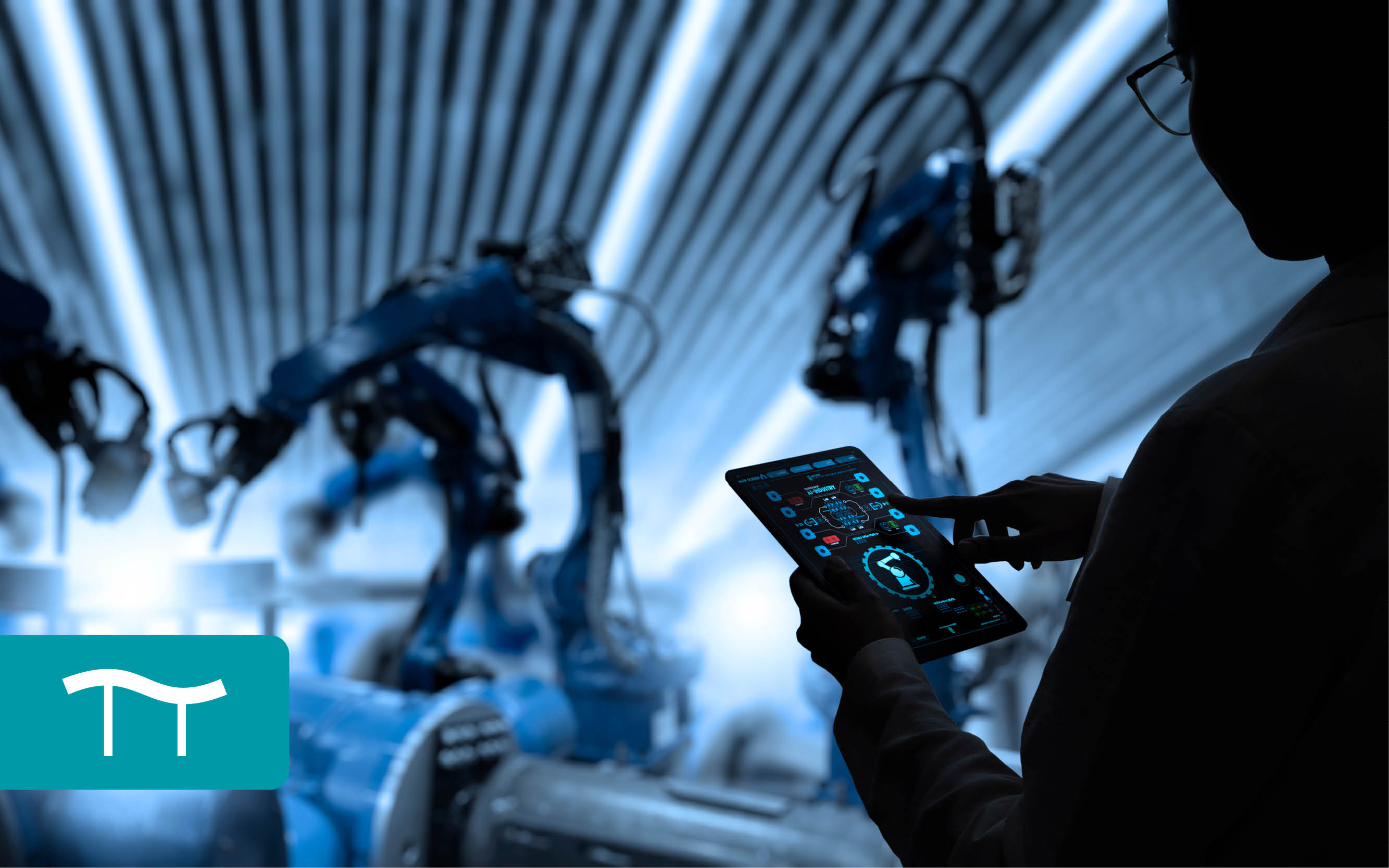Let’s talk Industry 4.0: 3 trends developing in the Manufacturing Industry right now
We are halfway through 2022 and the world is overcoming challenges such as supply chain issues, inflations, worker shortages and more across all sectors. But businesses are showing their resilience from SMEs to large corporations and looking towards innovation to tackle the issues. Industry 4.0 continues to change the way we work and although some sectors are falling behind when it comes to digital change, the ongoing challenges are forcing businesses to inflict change whether they like it or not.
Manufacturing businesses who are jumping on opportunities to adapt smart factories are the ones boosting productivity, revenue, improving processes and putting their businesses in a better place for the future. There are a few technology trends in the manufacturing sector right now that as a business owner you need to know about, in order to stay ahead of the competition. Let’s dive in…

1. Sustainable Smart Processes
As the Net Zero goal is a huge focus right now, businesses are jumping at opportunities to become more sustainable in their processes, from back of house to production. Not only this, with the rising costs in energy it’s become a key priority for business owners to look at reducing these costs in order to continue gaining profit. Smart products are becoming the norm in the home and the workplace and customers are expecting more of these types of products. It’s not only important internally in business to utilize smart tech, but for external viewpoints too. Customers are looking to work with businesses who showcase their openness to change and innovate, as it proves a willingness to become more sustainable. In addition, customers are looking to use products which are sustainable across the supply chain, which is why you need to address every area of your business.
2. 3D Printing and Additive Manufacturing
Continuing the sustainability focus, 3D printing is a process that businesses are utilizing to produce less waste and cost effective results. Along with this, 3D printing provides the opportunity for rapid prototyping as well as more personalization of products. By having these options, it can make less room for error with better planning, in terms of being a more efficient way of working.
“For over 15 years, Airbus has been using 3D printing technology for localized, on-demand production of toolings such as jigs and fixtures.” - Forbes
Additive manufacturing is most definitely on the trends list to watch out for, as more and more businesses are jumping on the possibilities provided.
3. Automation
As technology continues to improve and advance, factories are becoming more automated by the minute, with more robotics and less human interaction. This is giving businesses more time to put energy into other operations which need the human element such as training, and providing less waste. Automation is about becoming more efficient in many processes, with cobots also being introduced to work alongside people in achieving better results. Other ways of automating are using products such as load cells to gain measurable data. There are many types of load cells including hydraulic, pneumatic, and strain gauge; however, the most commonly used in industry are strain gauge load cells. Load cells are not generally well known about, but they are the hidden mechanism behind items we use daily, such as retail weighing scales and self-serve check-outs, airport baggage check-in scales and heavy goods vehicle weighbridges to name a few. “Wherever load cells are used it is important that they are right for the job, reliable and highly accurate to detect the slightest change.” - Chris Tyler, President of TyTek Group
If you’re interested in finding out more about how load cells work or you want to inquire about what we can offer your business, get in touch with us and we’d be more than happy to help.
Are you a business who’s already involved in any of these important digital trends? Let us know on our socials!
Source: Forbes
